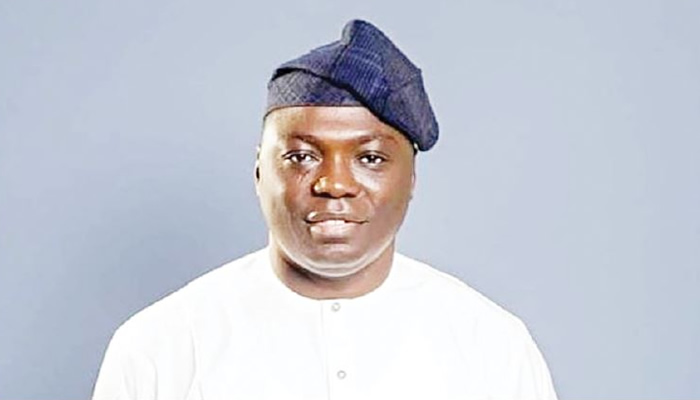The serene landscape of Lau Local Government Area in Taraba State, Nigeria, is currently embroiled in a land dispute that threatens to disrupt the fragile peace of the community. At the heart of the contention is the allocation of ancestral land to federal agencies, a decision made by the council chairman, Mr. Nigeria Ezra Jatau, which has sparked outrage and accusations of disregard for the community’s rights and heritage. The Winlau Youth Development Association, a prominent youth body in the area, has emerged as the leading voice of dissent, accusing the chairman of unilaterally reallocating land historically owned and farmed by their community, a move they consider a gross violation of their ancestral rights.
The disputed land, originally entrusted to Christian missionaries in the 1950s for educational and religious purposes, now finds itself at the center of a controversy. The youth association alleges that the chairman has parcelled out portions of this historically significant land to unnamed federal institutions without any prior consultation with the residents, a move they perceive as a blatant disregard for their customary rights and a breach of trust. Their repeated attempts to engage the chairman in a constructive dialogue have been met with silence, further fueling their suspicion and discontent. The chairman’s alleged justification for his actions, citing a directive from Governor Agbu Kefas, has been met with skepticism by the community, who doubt the governor’s involvement in such a contentious decision without their consent.
The youth association views the chairman’s actions not only as a betrayal of communal trust but also as a potential catalyst for unrest in the area. They emphasize that their opposition stems not from a resistance to development but from the lack of proper engagement and consultation. The land in question, they argue, is not merely soil but a symbol of their heritage, cultivated and protected by their forefathers for generations. They vehemently oppose any decisions regarding its fate being made behind closed doors, away from the eyes and ears of those who have a historical and emotional connection to it.
Community leader and Winlau Youth Development Association representative, Inyo Boniface, added his voice to the growing chorus of dissent, accusing the council boss of using the governor’s name to legitimize what he termed an “illegitimate act.” Boniface believes the chairman is hiding behind the governor’s authority to justify a land grab, a claim that has further fueled the community’s anger and suspicion. The youth association has consequently called on the governor to intervene, investigate the matter thoroughly, and reverse the allocation. They warn that if the issue remains unaddressed, it could escalate into unrest and jeopardize the hard-won peace and stability that the government has strived to maintain.
Underscoring the gravity of the situation, the youth leaders have emphasized the need for justice, transparency, and inclusiveness in decision-making processes, particularly those concerning land matters. They urge the state government to uphold these principles and ensure that the rights and interests of the community are respected and protected. The association’s General Secretary, Yerima Bala Clement, and its vice president, John Kennedy (Kuh Bakula), have both reiterated the community’s commitment to preserving their heritage and ensuring that their voices are heard. They maintain that the land is not just a piece of property but a tangible link to their past and a vital component of their future.
In response to the mounting allegations, the council chairman, Mr. Nigeria Ezra Jatau, has denied any wrongdoing. He asserts that the land in question belongs to the government and that due process was followed in its allocation. Dismissing the accusations as baseless and aimed at misleading the public, Jatau maintains his stance in a telephone interview. This stark contrast in narratives highlights the deep chasm between the community and the local government, a divide that threatens to widen if a resolution is not reached swiftly and amicably. The situation in Lau Local Government Area underscores the complex relationship between development, ancestral rights, and the imperative of community engagement in decision-making processes. The resolution of this dispute will undoubtedly set a precedent for future land allocations in the region and beyond.


